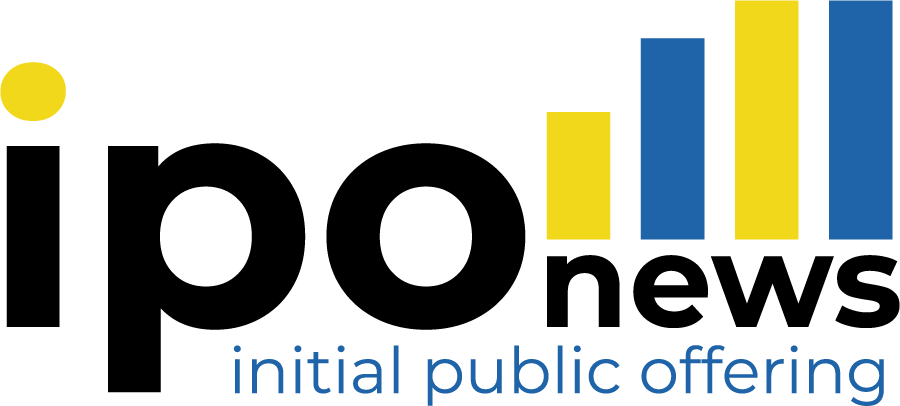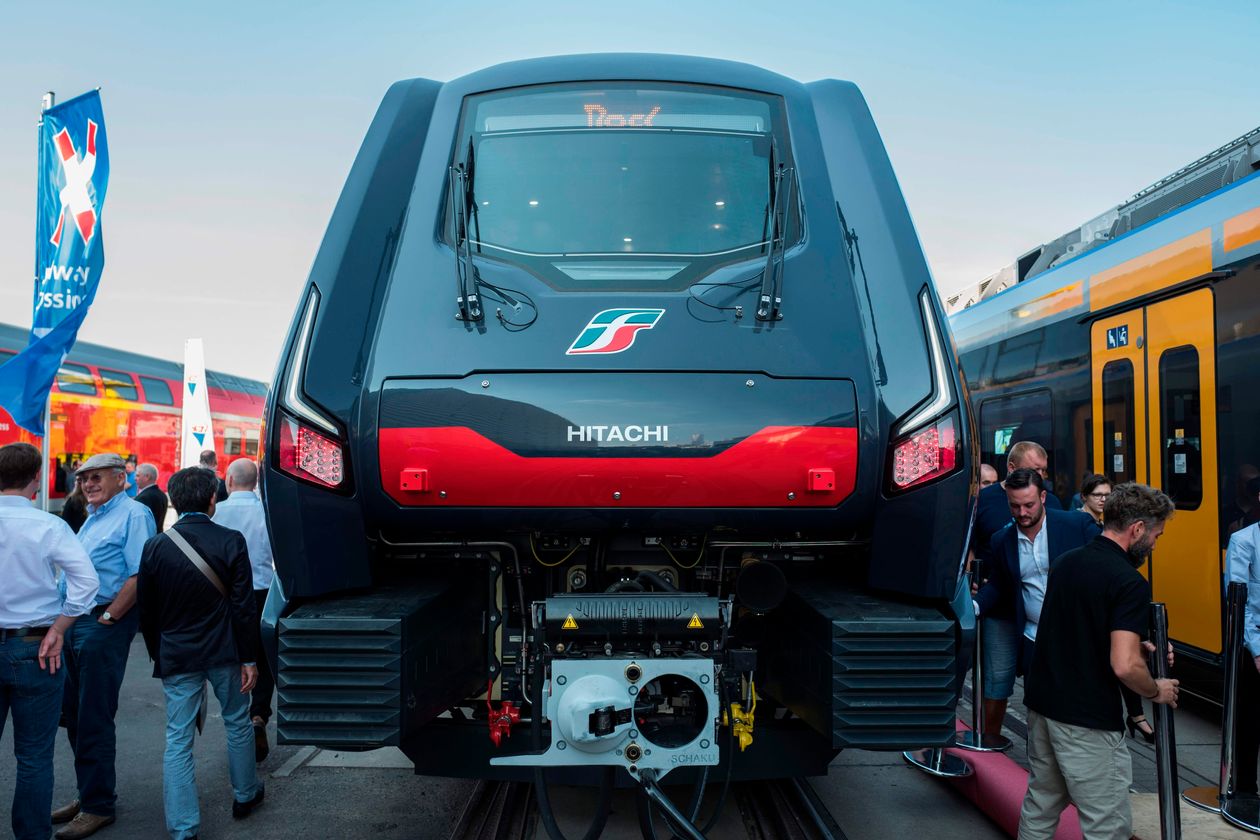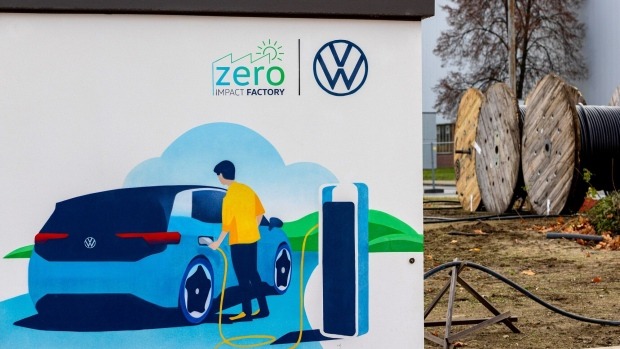Acquiring GlobalLogic is a big bet on helping industries go digital. The deal follows a pattern of old-guard hardware companies restyling themselves as enterprise software firms
Hitachi Ltd. 's $9.6 billion purchase of digital-engineering firm GlobalLogic Inc. amounts to a big bet that enterprise software will unleash the power of big data on heavy industry.
The Japanese manufacturing giant follows a string of other old-guard hardware businesses that are investing in fast-growing enterprise-software development, analysts say. Best-known years ago for TV sets, video recorders and batteries, Hitachi is diving headfirst into this area as coronavirus restrictions have all but shoved industries into digitizing their businesses-faster.
That's where Hitachi hopes to employ GlobalLogic's engineering know-how in manufacturing, energy and other sectors to expand further outside Japan, said Gajen Kandiah, chief executive of Hitachi Vantara, the firm's digital infrastructure segment.
"Unfortunately, you only hear about a small group of companies that are maximizing data," he said. "You don't hear about the 99% that isn't."
Digital services and the data analytics that power them have been a competitive advantage for many companies during the pandemic, with global supply chains upended and employees and customers interacting virtually.
GlobalLogic employs more than 20,000 people in India, Europe and the U.S. to help companies on such digital projects.
Shashank Samant, the San Jose, Calif., firm's chief executive, commands a small army of developers who will lay software on Hitachi products, like railroad or factory equipment, in the hopes of hoovering up data and improving efficiency. The two companies also overlap in industrial sectors like auto manufacturing, he said, as Hitachi automates plant machinery and GlobalLogic helps digitize cars.
"If you bring two companies together, now you're carrying that entire ecosystem," Mr. Samant said. His firm's website features projects including an artificial-intelligence-powered battery meter for defibrillators; a platform to help a warehouse robotics-developer test its systems, and a mobile app that allows a tool manufacturer to track and analyze its internet-connected products.
At the deal's announcement on Wednesday, Hitachi Chief Executive Toshiaki Higashihara also framed it as part of an international push. The Tokyo-based conglomerate's existing software and services business, Lumada, derives about 70% of its revenue from Japan. At GlobalLogic, more than half the firm's clients are in the U.S. and around one-third in Europe, Mr. Samant said.
The price tag for GlobalLogic is large, analysts noted, but comes at a time when enterprise software is in particularly high demand.
The pandemic has forced chief information officers to help run companies remotely and rethink their relationships with customers, said Tim Crawford, CIO strategic adviser at AVOA LLC, a consulting firm. The right technology can help drive those changes, and software generally can be more tailored to businesses' needs, he said.
"The value is not in the hardware," Mr. Crawford said. "It's in the software and services."
Tech suppliers have taken note of that demand. Hitachi, which sold its power-tools unit in 2017, joins a growing list of companies that have divested themselves of some old product lines or gone on buying sprees in high-growth sectors to diversify.
In 2018, the chip maker Broadcom Inc. bought enterprise software company CA Technologies for $18.9 billion. International Business Machines Corp. spun off its massive information-technology services unit last year as part of a broader push toward cloud-computing.
"Hardware is a low-margin business," said Ray Wang, founder of advisory firm Constellation Research Inc. "It's highly capital-intensive and the growth just isn't there."
Software development, on the other hand, is an entry point to an array of markets, ranging from autonomous vehicles to mobile devices, he said.
"You write the software once, and then distribute it over the internet," Mr. Wang added.
In this sense, Mr. Kandiah said, GlobalLogic will help pull 110-year-old Hitachi into a new era.
"We were looking for a while," he said of the company's hunt for the right acquisition. "Kiss many frogs, as they say."
Write to David Uberti at david.uberti@wsj.com
The Wall Street Journal
https://www.wsj.com/articles/why-hitachi-is-spending-9-6-billion-to-dive-into-the-software-business-11617650955





